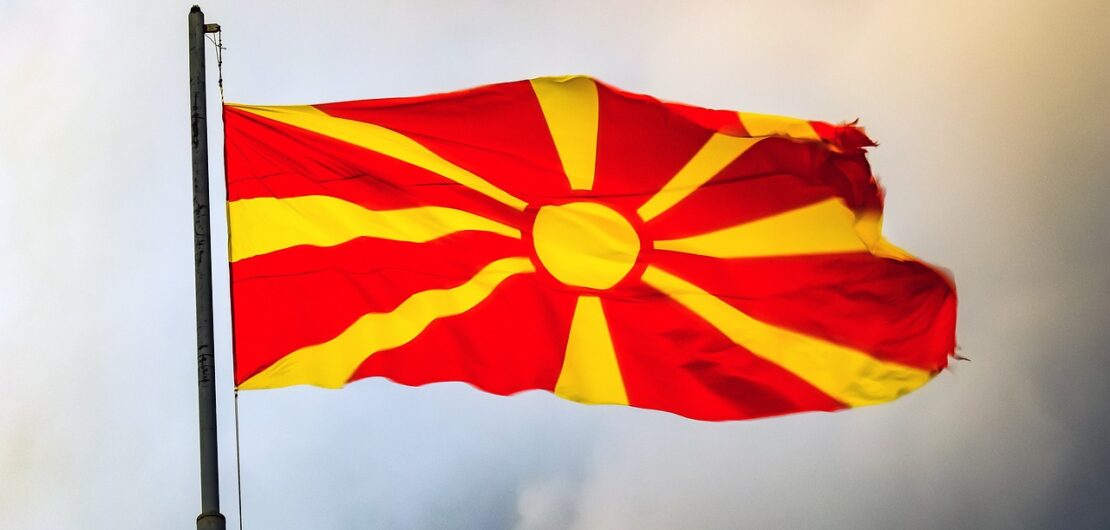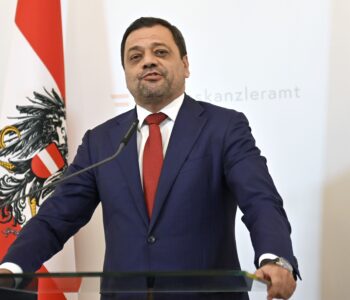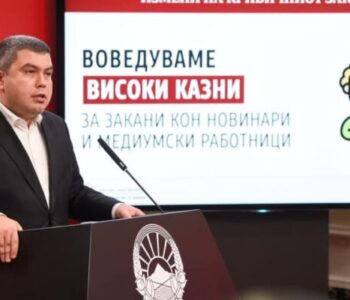 Library
Library
North Macedonia, media and public funds
North Macedonia, media and public funds
In view of the upcoming political and presidential elections, the Macedonian government has reintroduced forms of public funding for the media. However, the country’s media organisations argue that the move may aggravate the influence of political interests on news outlets
Article by By Aleksandar Samardjiev, originally published by OBCT.
With the latest legal changes in North Macedonia, money from the state budget will be made available to private media on various grounds. This was legally made possible by the current coalition government: the same which, seven years ago, when taking over power, prohibited state funding for the media by law.
The legal changes were made ahead of the upcoming parliamentary and presidential elections in May 2024: with an amendment to the Law on Audio and Audiovisual Media Services, the Macedonian Assembly made again possible for state institutions and municipalities to pay private television and radio stations to publish content for campaigns that would be of public interest.
The decision was made despite the repeated warnings by media organisations.
The legislators determined that the state will be allowed to spend 0.1% of the national budget from the tax revenues determined in the last adopted final budget account. According to the final budget for 2022, last year 2.3 million Euros could have been spent on the media.
National televisions will get the lion’s share with 40% of the allocated funds, followed by 40% for cable and satellite televisions, 15% for regional and local televisions, and 5% for radios. In the pre-2017 law, the five national television stations were supposed to receive 65%.
At the local level, according to the changes in the law, the money for campaigns should come from the municipal budget, in this case the available budget is 0.5% of the last final account.
The law also provides that the financed campaigns should be selected by a commission of the Ministry of Information Society and Administration, which will consult representatives of the represented political parties. Both state institutions and municipalities will be allowed to broadcast a maximum of four campaigns per year.
The reaction of journalists
The Association of Journalists, the Union of Journalists and other media organisations have published a joint statement in which they strongly oppose the lifting of the ban on state advertisements, as it will mean renewed party influence over the media and disruption of the Macedonian media market.
“It is high time to establish a fund for pluralism in the media, which would support quality journalism and diverse broadcasting as opposed to state advertising, which serves as a tool for political influence and control, as well as to take into account other proposals, such as is tax exemption for journalists and media workers”, reads the statement.
Media organisations also pointed out the problematic practice of using state money for advertising the pre-election information campaign on private media. This opportunity has been available since 2018, this year with a record number of involved media outlets, especially web portals.
“It is suspicious that some of them are sites with an unknown owner or without an imprint, newly established portals that are suspected of being purpose-built only to get money for the campaign, as well as portals that do not publish information of wider public interest”, was pointed out together by the media organisations, which maintained that the media law should be changed.
“In order to prevent the abuse of public funds by phantom media and to avoid misinforming the citizens about the election process, it is necessary to make urgent changes in the Law on Media to create a registry of online media in North Macedonia”, the organisations say.
The media organisations point out that they have discussed this with government representatives in the past, but they assess that there is a lack of political will for constructive legal solutions.
A model encouraging dependency
The first law on audio and audiovisual media services was adopted in 2013 and has been amended 12 times since then. In March 2024, the last amendments to the Law on Media were voted. This will mean financial support for printing and distribution of the printed media amounting to 0.03% of the amount of tax revenues of the previous year, which will cover 50% of the printing costs and 50% of distribution costs. For newspapers in other languages, the percentage is 70%.
For the website Prisma by BIRN North Macedonia, executive director of the Association of Journalists of Macedonia (ZNM) Dragan Sekulovski commented that, as opposed to the direct injection of budget capital into the media, the idea of a media fund to support exclusively journalistic projects of public interest did not come to life.
“The current model does not encourage quality content and new production of domestic content of public interest, but only promotes spots for politicians, with a huge risk that public interest will be replaced by party interest, and with citizens’ money”, commented Sekulovski.
In several instances, Prisma has reported on how much money different parties managed to allocate to media that are politically close to them. Furthermore, national televisions, quietly boycotting the government and its representatives on several occasions, also pressured the ruling coalition into granting them state money.
This article was coordinated by OBCT as part of tthe Media Freedom Rapid Response (MFRR), a Europe-wide mechanism which tracks, monitors and responds to violations of press and media freedom in EU Member States and candidate countries.



